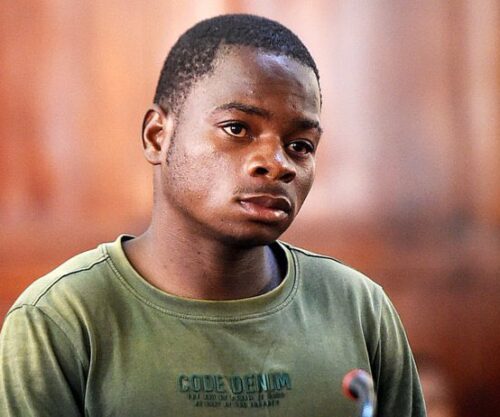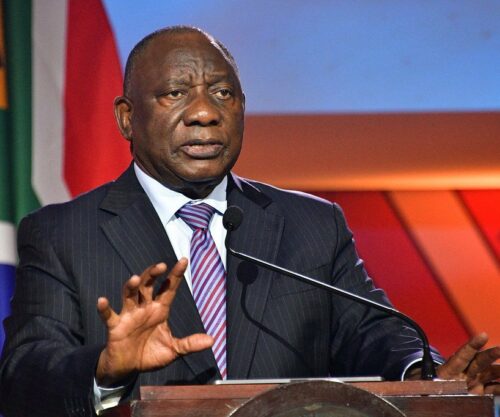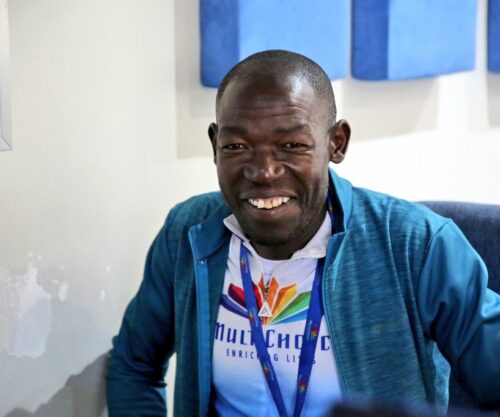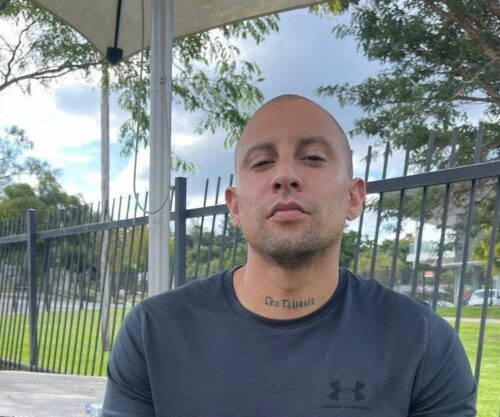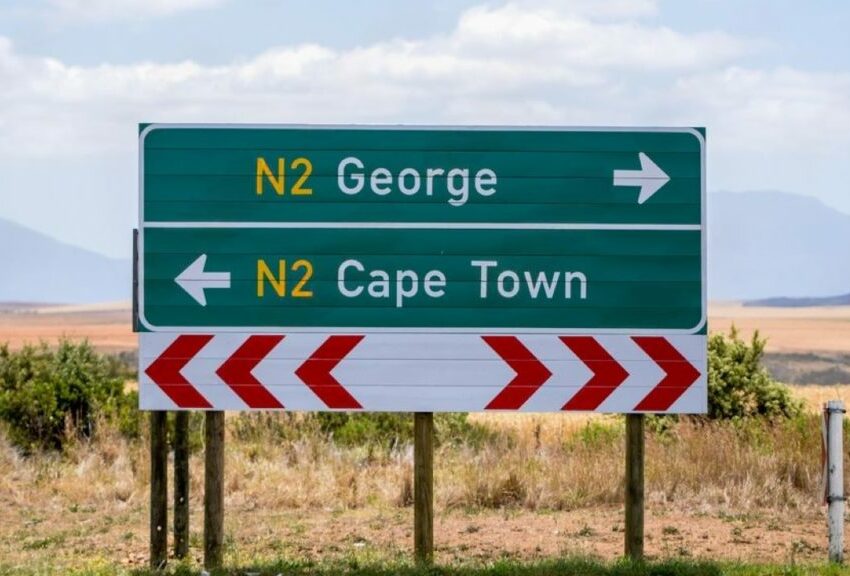
South Africa is seeing another surge in proposals to rename towns, landmarks and public features, with the Department of Sports, Arts and Culture confirming that more than a hundred requests have landed on its desk since the start of the previous financial year.
Minister Gayton McKenzie, answering questions in Parliament, revealed that 104 applications have been received across the 2024/25 year and in the early months of 2025/26.
The majority of these submissions continue to originate from KwaZulu-Natal, which has remained the country’s most active province in renaming efforts. Out of 53 applications filed in the 2024/25 financial year, 46 were from KZN alone, while the Eastern Cape accounted for four. Limpopo followed with two requests and Gauteng submitted one, as per Business Tech.
The momentum has carried over into 2025. Since the new financial year began on 1 April, the department has already tallied 51 fresh applications. KZN again leads the pack with 38 proposals, with the Eastern Cape close behind on nine. Limpopo has put forward two, while the North West and the Free State have each submitted one.
Renaming remains one of the most divisive issues in the country. Supporters believe replacing colonial or apartheid-era names is essential to reshaping national identity. Opponents argue that many changes lack democratic input, weigh down local economies and are often driven more by political motives than community needs.
More than 1 500 names have been officially changed since democracy, covering everything from towns and rivers to mountains and airports. KwaZulu-Natal has historically recorded the most name changes, with the Eastern Cape and Limpopo not far behind.
Several major changes rolled out in 2024, including the transformation of William Nicol Drive to Winnie Mandela Drive in Johannesburg, Ladysmith becoming uMnambithi, Kirkwood changing to Nqweba, Aberdeen becoming Camdeboo, Graaff-Reinet adopting the name Robert Mangaliso Sobukwe, and East London being renamed KuGompo.
This year has brought another wave of proposals, including new bids to rename towns such as Harrismith and Smithfield. The Eastern Cape Geographical Names Committee also initiated public processes in August to rename Port Alfred, Alexandria and the Kowie River, part of a broader push to replace colonial-era place names with indigenous ones.
Gauteng has steered its efforts towards street names rather than towns, including a widely disputed move to rename Sandton Drive. The province has also floated a proposal to change the name of Lanseria International Airport.
Political interference remains a recurring concern. The attempted renaming of the Kruger National Park to “Skukuza National Park” in Mpumalanga, tabled in the provincial legislature in September, was shut down after national departments confirmed it had no legal standing.
South Africa’s renaming process is multilayered. Local communities typically initiate the request, after which provincial geographical names committees run public consultations in line with the Promotion of Administrative Justice Act. The South African Geographical Names Council then evaluates historical context, public sentiment and accuracy before forwarding recommendations to the Minister for final approval and gazetting.
Not all naming matters follow this route—municipalities handle street names, while national parks fall under SANParks and the Department of Forestry, Fisheries and the Environment.
Compiled by Aiden Daries
Published on Cape {town} etc
Also see: Gayton Mckenzie issues a stern warning that his department won’t be bullied

